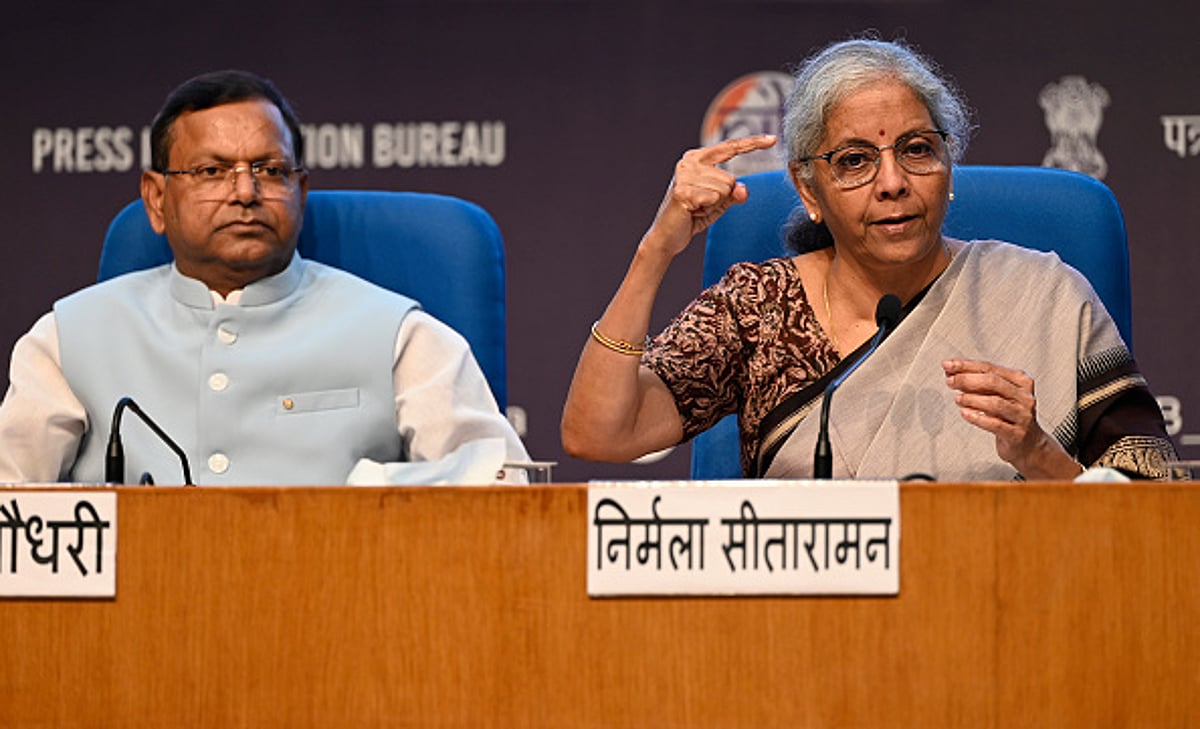Southeast Asia's Booming Islamic Finance Sector Attracts Global Interest

Southeast Asia is rapidly emerging as a powerhouse in Islamic finance, attracting significant attention and investment from both regional and international players. A recent study by the Islamic Corporation for the Development of the Private Sector (ICD) reveals a remarkable surge in the sector, reaching approximately $859 billion in 2023 – a substantial increase from $754 billion in 2020. This impressive growth trajectory underscores the region's dynamic economic landscape and the increasing demand for Sharia-compliant financial products and services.
Why the Surge in Islamic Finance?
Several factors contribute to this burgeoning market. Southeast Asia boasts a large Muslim population, creating a natural demand for Islamic financial solutions that adhere to Islamic principles. These principles prohibit interest (riba), speculation (gharar), and investments in prohibited industries like alcohol and gambling. Beyond the demographic factor, rising disposable incomes across the region are fueling greater financial activity, including the adoption of Islamic banking, insurance (Takaful), and investment products.
Non-Islamic Players Join the Fray
The growth isn’t confined to traditional Islamic financial institutions. A significant trend is the increasing participation of non-Islamic banks and financial institutions. Recognizing the immense potential, these players are strategically entering the market, developing Sharia-compliant offerings, and partnering with established Islamic finance providers. This influx of capital and expertise is further accelerating the sector's development and expanding its reach.
Key Areas of Growth
- Islamic Banking: Conventional banks are launching Islamic banking windows and subsidiaries, offering Sharia-compliant savings accounts, financing options, and other services.
- Takaful (Islamic Insurance): The demand for ethical and Sharia-compliant insurance is driving the growth of Takaful operators.
- Sukuk (Islamic Bonds): Governments and corporations are increasingly issuing Sukuk to raise capital in compliance with Islamic principles.
- Islamic Asset Management: Investment firms are developing Sharia-compliant investment funds and portfolios, catering to investors seeking ethical and socially responsible investments.
Challenges and Opportunities
Despite the promising outlook, the Islamic finance sector in Southeast Asia faces challenges. Standardization of Sharia interpretations across different countries remains a hurdle. Furthermore, a lack of awareness and understanding of Islamic finance products among the broader population can hinder adoption. However, these challenges also present opportunities for innovation and collaboration. Efforts to harmonize regulations, enhance financial literacy, and develop innovative products tailored to local needs will be crucial for sustained growth.
Looking Ahead
The future of Islamic finance in Southeast Asia looks exceptionally bright. With continued economic growth, a supportive regulatory environment, and increasing innovation, the sector is poised for even greater expansion. The attraction of non-Islamic players signifies a global recognition of the region's potential and underscores the transformative impact of Islamic finance on the broader financial landscape. Analysts predict that Southeast Asia will remain a key growth engine for Islamic finance globally, offering exciting opportunities for investors and businesses alike.






